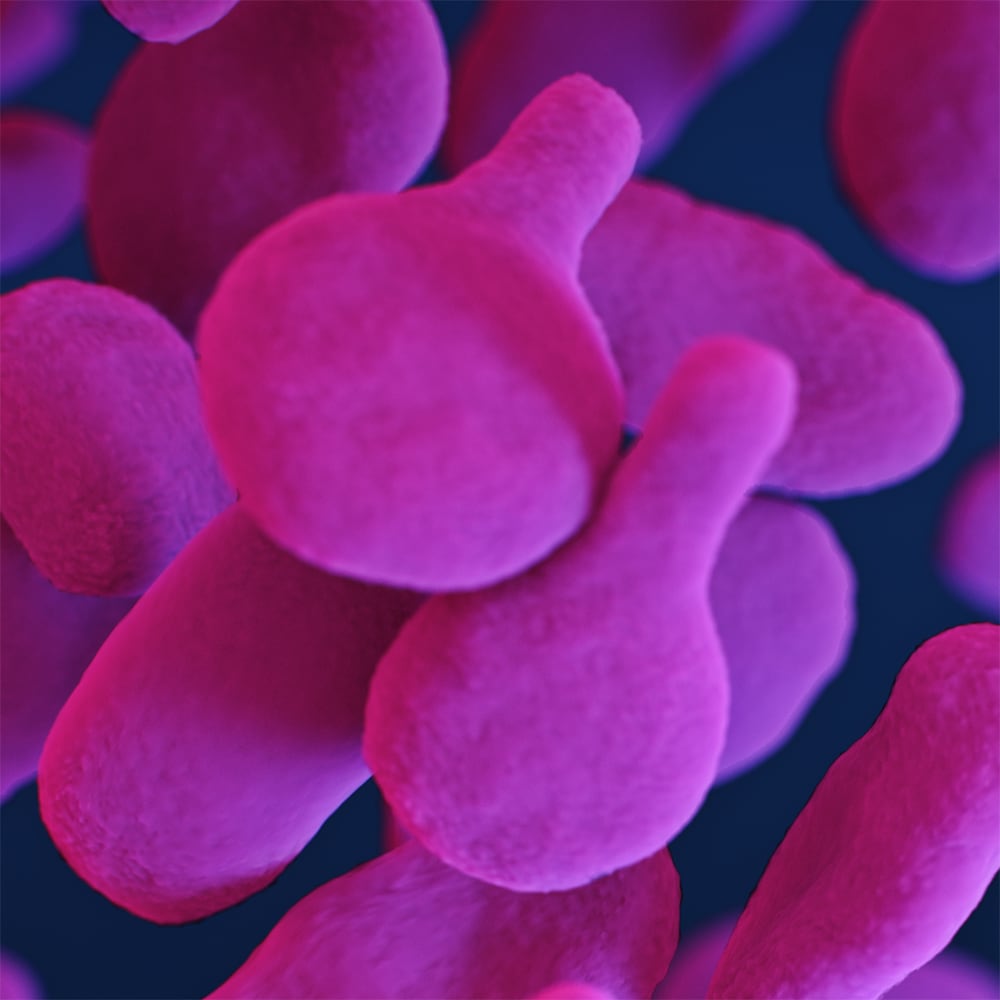Diseases & Related Conditions
What are STDs?
Sexually transmitted diseases (STDs), also known as sexually transmitted infections (STIs), are very common. Millions of new infections occur every year in the United States.
STDs pass from one person to another through vaginal, oral, and anal sex. They also can spread through intimate physical contact like heavy petting, though this is not very common.
STDs don’t always cause symptoms or may only cause mild symptoms. Therefore, it is possible to have an infection and not know it. That is why getting an STD test is important if you are having sex. If you receive a positive STD diagnosis, know that all are treatable with medicine and some are curable entirely.
There are dozens of STDs. Some STDs, such as syphilis, gonorrhea, and chlamydia, are spread mainly by sexual contact. Other diseases, including Zika, Ebola, and mpox, can be spread sexually but are more often spread through ways other than sex.
A sexually transmitted infection (STI) is a virus, bacteria, fungus, or parasite people can get through sexual contact. Many STIs have no symptoms, so people can have an infection but not know it. A sexually transmitted disease (STD) develops because of an STI and the term implies that the infection has led to some symptom of disease. People sometimes use the terms in one another’s place. The primary goal of public health and healthcare is to prevent and treat infections before they develop into disease. As a result, many – including CDC – are using the term STI more often. However, STD is still used when referring to data or information from sources that use the term.
STDs are preventable. If you have sex, know how to protect yourself and your sex partner(s) from STDs.

Bacterial Vaginosis
BV is a common, treatable, vaginal condition which can increase your chance of getting an STD.

Chlamydia
Chlamydia is a common, but treatable, STD. If left untreated, chlamydia can make it difficult for a woman to get pregnant.

Gonorrhea
Gonorrhea is a common STD that can be treated with the right medication. If left untreated, gonorrhea can cause very serious health problems.

Hepatitis
Viral hepatitis is the leading cause of liver cancer and the most common reason for liver transplants.

Herpes
Genital herpes is a common STD, but most people with the infection do not know they have it. While there is no cure, there are medicines available that can prevent or shorten outbreaks. These medicines also can make it less likely to pass the infection on.

HIV/AIDS & STDs
People who have STDs are more likely to get HIV, when compared to people who do not have STDs.

Human Papillomavirus (HPV) Infection
HPV is the most common STI in the United States, but most people with the infection have no symptoms. HPV can cause some health effects that are preventable with vaccines.

Mycoplasma genitalium (Mgen)
Mycoplamsa genitalium, or Mgen is an STD that can be treated with antibiotics. People receiving treatment for Mgen should take all of the medication as prescribed.

Syphilis
Syphilis can have very serious problems when left untreated. It is simple to cure with the right treatment.

Other STDs
Chancroid, scabies, and more.



